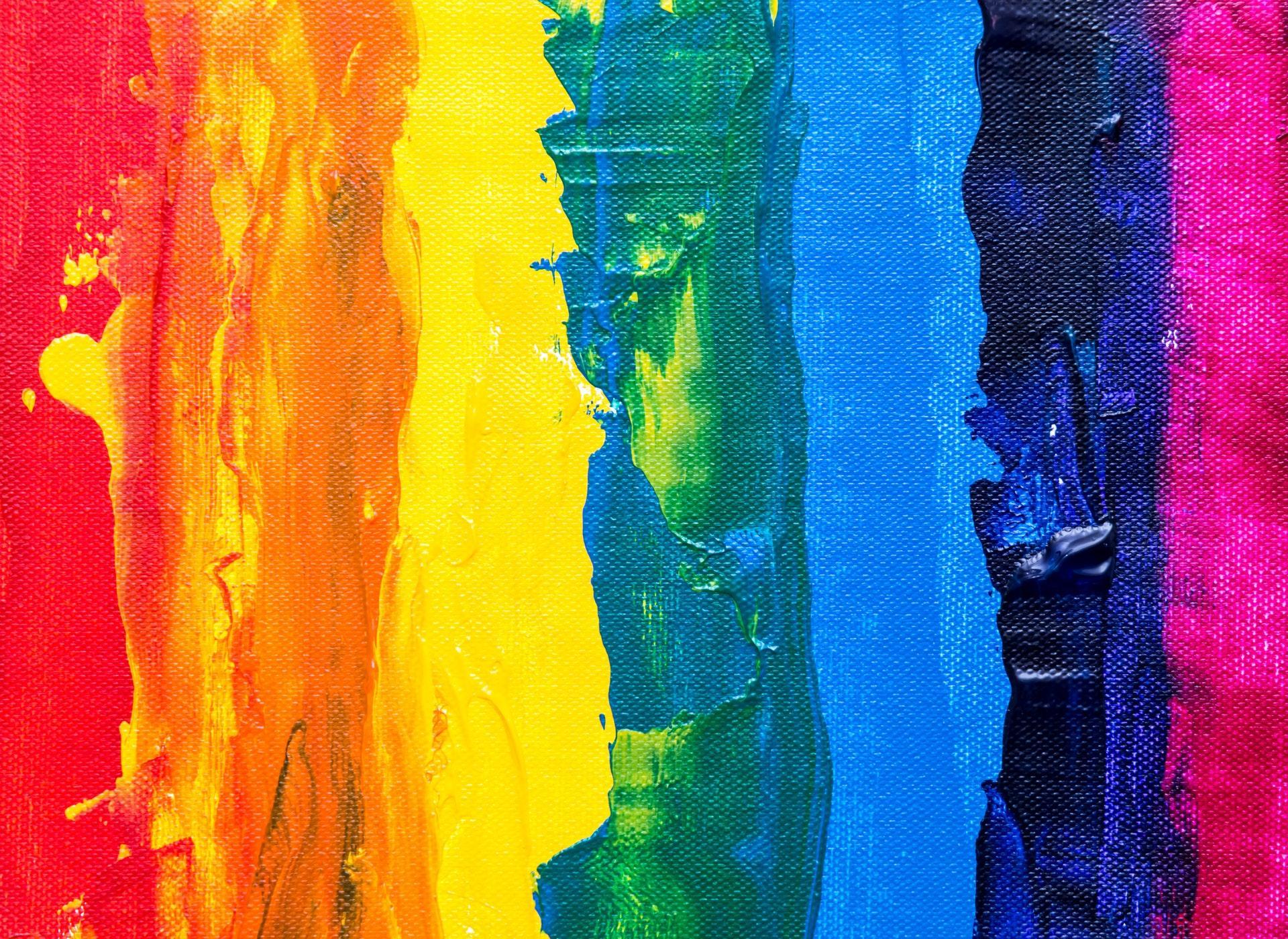Do you feel a sense of comfort and security when you think of your heritage? Do you feel a sense of connection with a long line of ancestors? Are you sad about traumatized family members you never even got to know? Are you grateful to enormous and traumatic sacrifices your parents or ancestors made?
Connection is one of those funny things: essential to humans, but some start out with traditions of connection be that culture, location, or some other form of identity. Being third culture means your experience is radically different in culture – I’m talking heritage, race, language, or ethnicity-based culture here – radically different such that in many ways your parents don’t really understand why you’re not the child they thought you were, and society doesn’t quite understand why you can’t just be more like them.
According to InterNation, quote ”A third culture kid (TCK) is a child who has spent a considerable part of life or years of development outside their parents’ culture,” but that doesn’t do it justice. Have your parents ever come right out and questioned your ethnic identity? Or maybe asserted you aren’t authentically yourself?
Since I’m mixed, I’m not even of the same heritage as my parents exactly. I’m not entirely of my father’s British heritage, nor of my mother’s Tamil heritage. I’ve definitely heard on multiple occasions from my mother about how I’m not an Indian son.
Being mixed is a very complicated experience but you don’t have to be mixed to be third culture. Ash for example isn’t mixed. He’s Tamil through and through and yet raised in Canada. But what does that mean for your relationship with your parents, with your friends, with your culture? Country? Home?
Let’s find out together with Ash here on Intimate Interactions.
